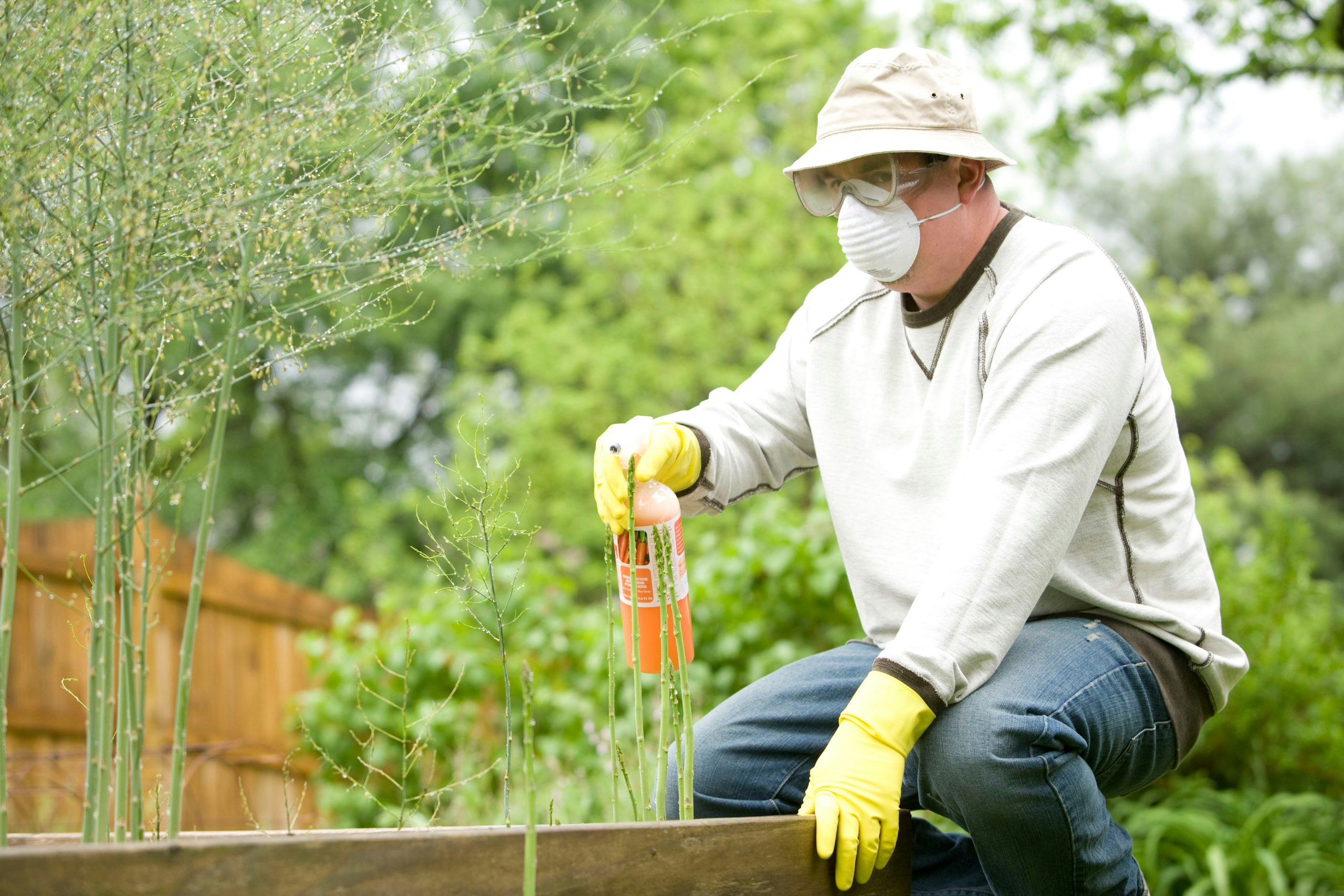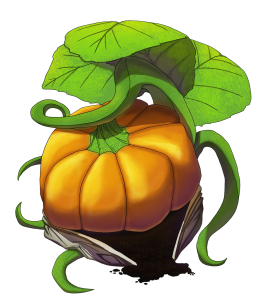In our journey towards a more sustainable lifestyle, one of the common challenges we face is keeping rodents out of our compost bins. These pesky critters can quickly turn our eco-friendly efforts into a nuisance if not properly managed. By implementing a few practical strategies, we can prevent rodents from invading our compost and ensure our bins stay rodent-free. In this article, we will explore effective techniques and tips to keep our compost healthy and rodent-free without compromising on our commitment to the environment. How Do We Prevent Rodents In Our Compost Bin?
If you’ve ever asked yourself, “How do I prevent rodents in my compost bin?” then you’re certainly not alone. Many of us who are passionate about composting often find it challenging to keep our compost rodent-free, especially when there are so many kitchen and yard waste items that are perfect invitations for these unwanted visitors. Let’s explore how we can enjoy the benefits of composting without the added headache of dealing with a rodent problem.
Why Are Rodents Attracted to Compost Bins?
Understanding why rodents are attracted to compost bins is the first step towards a rodent-free composting experience. Rodents such as rats and mice are drawn to our compost bins primarily because they offer an easy food source.
Food Availability
Compost bins, particularly if not managed properly, often contain food scraps that provide an attractive meal for rodents. Items such as vegetable scraps, fruit peels, and even eggshells can lure these critters in.
Shelter and Warmth
Compost bins can also serve as a cozy, warm shelter for rodents, especially during colder months. The organic materials in a compost bin naturally generate heat as they decompose, creating a perfect hideout.
Moisture and Harborage
Compost bins that are too wet offer the moisture that rodents need to survive. Additionally, the structure of the bin along with its contents provides plenty of hiding spots.
Steps to Prevent Rodents in Our Compost Bin
We can follow several steps to make our compost bins less attractive to rodents. Most of these steps are easy to implement and cost-effective.
Choose the Right Compost Bin
The type of compost bin we use can significantly influence whether or not we will have a rodent problem.
Enclosed Bins
Enclosed compost bins with secure lids are less likely to attract rodents compared to open compost heaps. These bins are designed to keep the contents contained and odor-free, which reduces the likelihood of attracting rodents.
| Type of Bin | Rodent Resistance | Ideal For | Additional Tips |
|---|---|---|---|
| Enclosed Bin | High | Urban and Suburban Areas | Ensure lid fits securely |
| Open Heap | Low | Rural Areas with fewer rodents | Turn pile regularly, cover with soil |
Tumbling Composters
A tumbling composter is another excellent choice. These bins are lifted off the ground and have a handle that allows us to turn the bin regularly, helping to mix the compost and deter rodents.
Proper Placement of the Compost Bin
Where we place our compost bin can have a significant impact on rodent control.
Avoid Secluded Areas
Rodents are less likely to venture into open, exposed areas. Placing the compost bin in a well-lit, open area can help deter these critters.
Elevate the Bin
If possible, elevating the compost bin off the ground can prevent rodents from easily accessing it. Some people choose to place their bins on platforms or concrete blocks.
Manage the Compost Ingredients
What we put into our compost bins matters. By being selective about the ingredients, we can reduce the attraction for rodents.
Avoid Certain Food Scraps
We should avoid adding meat, dairy, oily foods, and cooked food scraps to our compost bin. These items not only attract rodents but can also create odors and slow down the composting process.
| Food Type | Add to Compost? | Reason |
|---|---|---|
| Vegetables | Yes | Break down quickly, less odor |
| Fruits | Yes | Provide nutrients, less likely to attract rodents |
| Meat | No | Attracts rodents, smells |
| Dairy | No | Attracts rodents, smells |
| Cooked Foods | No | Contains oils, attracts rodents |
Balance Green and Brown Materials
Balancing green (nitrogen-rich) and brown (carbon-rich) materials can help maintain an efficient composting process and reduce odors. Green materials include vegetable scraps and grass clippings, while brown materials include dried leaves, cardboard, and straw.
Maintain Proper Moisture Levels
Keeping the moisture levels of the compost pile just right is crucial. Too much moisture can create an ideal environment for rodents, while too little can slow down the composting process.
The Squeeze Test
An easy way to check the moisture level is the squeeze test. If we can squeeze a handful of compost and only a few drops of water come out, the moisture level is about right. If water streams out, it’s too wet, and we need to add more brown materials.
Aeration and Turning
Regularly turning the compost pile helps to aerate it and can deter rodents. By turning the pile, we disturb any nesting activities and prevent the pile from becoming too compact and retaining too much moisture.

Create Barriers to Rodents
Sometimes, implementing physical barriers can be our best defense against rodents.
Wire Mesh
Installing wire mesh at the bottom of the compost bin can prevent rodents from burrowing into the bin. Make sure the holes in the mesh are small enough to keep even the smallest mice out.
| Barrier Type | Effectiveness | Installation Tips |
|---|---|---|
| Wire Mesh | High | Secure tightly at the bottom of the bin |
| Concrete Slab | High | Place bin on a solid concrete slab |
Solid Base
In addition to wire mesh, placing the compost bin on a solid base such as a concrete slab can deter rodents from digging underneath.
Use Natural Repellents
Natural repellents can be a great way to keep rodents away from our compost bins without harming the environment.
Peppermint Oil
Rodents dislike the smell of peppermint oil. We can soak cotton balls with peppermint oil and place them around the compost bin to repel rodents.
Cayenne Pepper
Sprinkling cayenne pepper around the compost bin can also deter rodents. The strong smell and taste discourage them from getting too close.
Predatory Scents
The scent of predators such as cats or owls can be a deterrent for rodents. Using predator urine, which can be purchased online, around the compost bin can create the illusion of a predatory presence.

Common Myths About Rodents in Compost Bins
Let’s debunk a few common myths that might steer us in the wrong direction when it comes to preventing rodents in our compost bins.
Myth: Composting Attracts Vermin No Matter What
This is not necessarily true. While compost can attract rodents if not managed correctly, proper management can significantly reduce or even eliminate the risk.
Myth: You Can’t Compost in Urban Areas Because of Rodents
Urban composting is entirely possible. Using enclosed bins or tumbling composters and paying extra attention to the materials added can help urban dwellers compost safely and effectively without attracting rodents.
Myth: Poison is the Only Effective Solution
Using poison is not recommended as it poses risks to other wildlife and pets, and can lead to secondary poisoning. Proper compost management is a much safer and efficient way to deter rodents.
Troubleshooting Rodent Problems
Even after taking all the right steps, we might still encounter rodent problems from time to time. Here’s how we can troubleshoot and get back on track.
Check for Gaps and Holes
Regularly inspect our compost bin for any gaps or holes that rodents might use to enter. Ensure that the lid fits securely and that there are no weak points that rodents can exploit.
Reassess Composting Materials
If we notice rodent activity, it’s a good idea to reassess what we are putting into the compost bin. Make sure we are not adding any of the items that attract rodents and that we are balancing our green and brown materials properly.
Use Rodent Traps
As a last resort, using humane rodent traps around the compost bin can help control the rodent population. Once caught, rodents can be released back into the wild away from our homes and compost bins.

Conclusion
Preventing rodents in our compost bin might seem like a daunting task, but with the right strategies and a bit of effort, we can successfully compost without these unwanted visitors. By choosing the right bin, carefully managing our composting materials, maintaining proper moisture levels, creating barriers, and using natural repellents, we can maintain a healthy, rodent-free compost. Let’s continue to enjoy the many benefits of composting while keeping our compost bins rodent-free.
Happy composting! If you have any other tips or have faced any particular challenges with rodents in your compost bin, feel free to share with us. We’re in this together!



